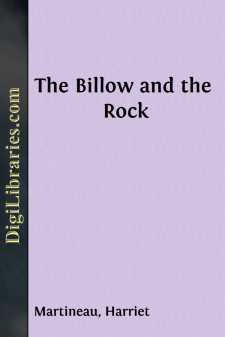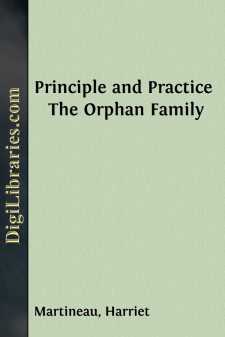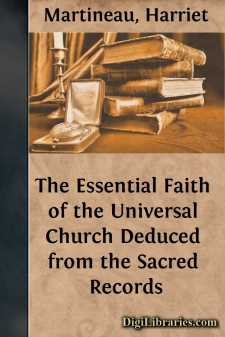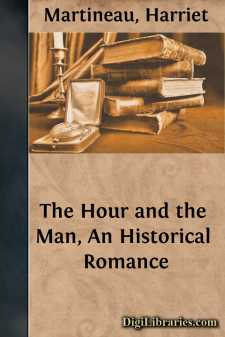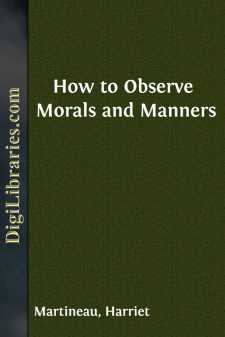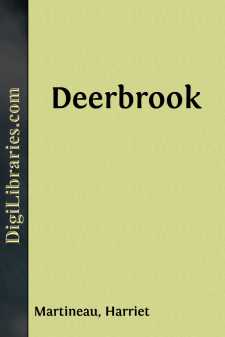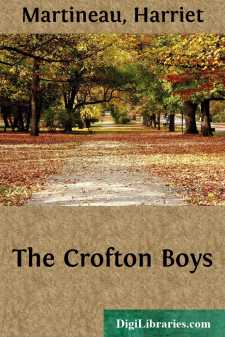Categories
- Antiques & Collectibles 13
- Architecture 36
- Art 48
- Bibles 22
- Biography & Autobiography 813
- Body, Mind & Spirit 142
- Business & Economics 28
- Children's Books 17
- Children's Fiction 14
- Computers 4
- Cooking 94
- Crafts & Hobbies 4
- Drama 346
- Education 46
- Family & Relationships 57
- Fiction 11829
- Games 19
- Gardening 17
- Health & Fitness 34
- History 1377
- House & Home 1
- Humor 147
- Juvenile Fiction 1873
- Juvenile Nonfiction 202
- Language Arts & Disciplines 88
- Law 16
- Literary Collections 686
- Literary Criticism 179
- Mathematics 13
- Medical 41
- Music 40
- Nature 179
- Non-Classifiable 1768
- Performing Arts 7
- Periodicals 1453
- Philosophy 64
- Photography 2
- Poetry 896
- Political Science 203
- Psychology 42
- Reference 154
- Religion 513
- Science 126
- Self-Help 84
- Social Science 81
- Sports & Recreation 34
- Study Aids 3
- Technology & Engineering 59
- Transportation 23
- Travel 463
- True Crime 29
The Billow and the Rock
Description:
Excerpt
Lord and Lady Carse.
Scotland was a strange and uncomfortable country to live in a hundred years ago. Strange beyond measure its state of society appears to us when we consider, not only that it was called a Christian country, but that the people had shown that they really did care very much for their religion, and were bent upon worshipping God according to their conscience and true belief. Whilst earnest in their religion, their state of society was yet very wicked: a thing which usually happens when a whole people are passing from one way of living and being governed to another. Scotland had not long been united with England. While the wisest of the nation saw that the only hope for the country was in being governed by the same king and parliament as the English, many of the most powerful men wished not to be governed at all, but to be altogether despotic over their dependents and neighbours, and to have their own way in everything. These lords and gentlemen did such violent things as are never heard of now in civilised countries; and when their inferiors had any strong desire or passion, they followed the example of the great men, so that travelling was dangerous; citizens did not feel themselves safe in their own houses if they had reason to believe they had enemies; few had any trust in the protection of the law; and stories of fighting and murder were familiar to children living in the heart of cities.
Children, however, had less liberty then than in our time. The more self-will there was in grown people, the more strictly were the children kept in order, not only because the uppermost idea of everyone in authority was that he would be obeyed, but because it would not do to let little people see the mischief that was going on abroad. So, while boys had their hair powdered, and wore long coats and waistcoats, and little knee-breeches, and girls were laced tight in stays all stiff with whalebone, they were trained to manners more formal than are ever seen now.
One autumn afternoon a party was expected at the house of Lord Carse, in Edinburgh; a handsome house in a very odd situation, according to our modern notions. It was at the bottom of a narrow lane of houses—that sort of lane called a Wynd in Scotch cities. It had a court-yard in front. It was necessary to have a court-yard to a good house in a street too narrow for carriages. Visitors must come in sedan chairs and there must be some place, aside from the street, where the chairs and chairmen could wait for the guests. This old fashioned house had sitting-rooms on the ground floor, and on the sills of the windows were flower-pots, in which, on this occasion, some asters and other autumn flowers were growing.
Within the largest sitting-room was collected a formal group, awaiting the arrival of visitors. Lord Carse’s sister, Lady Rachel Ballino, was there, surrounded by her nephews and nieces. As they came in, one after another, dressed for company, and made their bow or curtsey at the door, their aunt gave them permission to sit down till the arrival of the first guest, after which time it would be a matter of course that they should stand....


